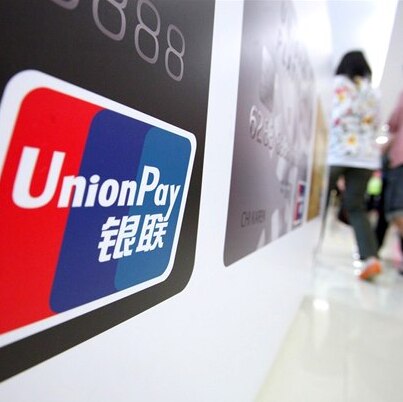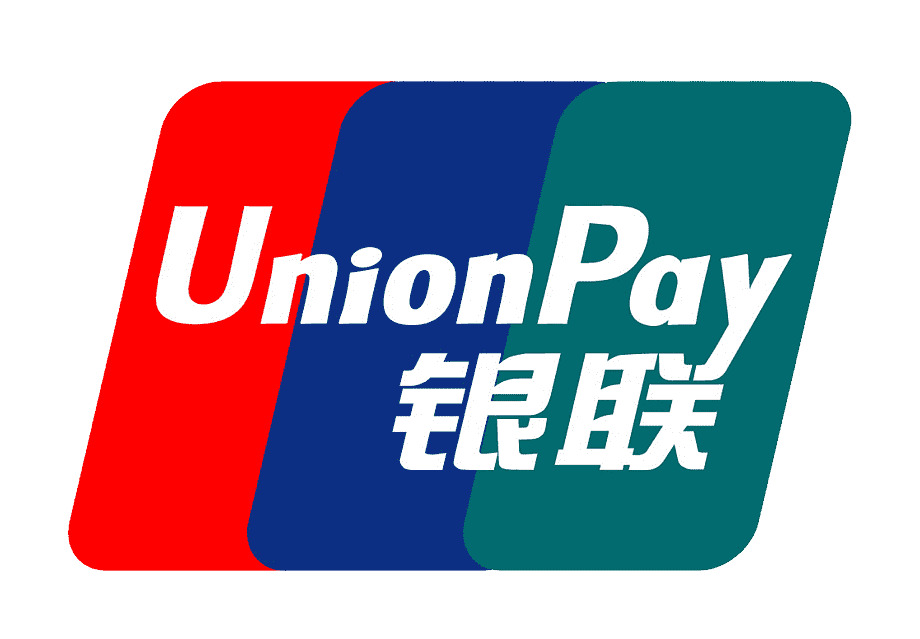
UnionPay payment system
In the fast-paced world of global finance, UnionPay has emerged as a heavyweight in the payment system sector. With its roots in China and branches reaching across the globe, UnionPay has become synonymous with accessibility and convenience. This article explores the expansive network that UnionPay has built and its implications for consumers and businesses worldwide.
Story
UnionPay’s narrative began in 2002, born out of a necessity for a unifying bank card system in China. It rapidly expanded beyond its borders, catering to the growing Chinese diaspora and international travelers. Today, UnionPay has surpassed more traditional Western card services in global coverage, serving over 178 countries and regions, and providing a bridge between diverse economies with its extensive acceptance.
Advantages and Disadvantages
The advantages of UnionPay are clear. It boasts an unparalleled reach in Asia, making it the go-to for travelers to and from the region. Transaction fees for international payments are competitive, often outperforming its rivals. UnionPay also partners with local banks across the globe, facilitating a smooth, cross-border transaction experience.
However, UnionPay is not without its limitations. In Western countries, it faces stiff competition from established payment networks, and acceptance is not as universal. Some users have noted discrepancies in customer service experiences outside of China, and currency conversion rates can be less favorable compared to other international payment systems.
How to Use UnionPay
Using UnionPay is straightforward. Consumers can apply for a UnionPay card through their local banks or financial institutions. For merchants, integrating UnionPay into their payment systems often involves partnering with a payment processor that supports the UnionPay network, ensuring seamless transactions for customers.

Customer Support
UnionPay offers customer support tailored to the regions it serves. Assistance is available 24/7 through hotlines, and many affiliated banks provide local language support, making it accessible for non-Mandarin speakers. Online resources and email support further supplement their customer service offerings.
Safety
Safety is a hallmark of the UnionPay system. It utilizes state-of-the-art encryption and security protocols to safeguard user data and transactions. Enhanced security measures, like chip and PIN technology, are standard for UnionPay cards, providing an additional layer of protection against fraud.
Licenses
UnionPay operates under the approval of China’s central bank and adheres to the regulations of each country it services. This extensive licensing allows it to function as a global payment network while maintaining compliance with international financial standards and practices.
In conclusion, UnionPay has successfully positioned itself as a formidable global payment system. With its vast network and commitment to security and customer service, it has become a prominent choice for international transactions, particularly for those connected to the Asia-Pacific region.
